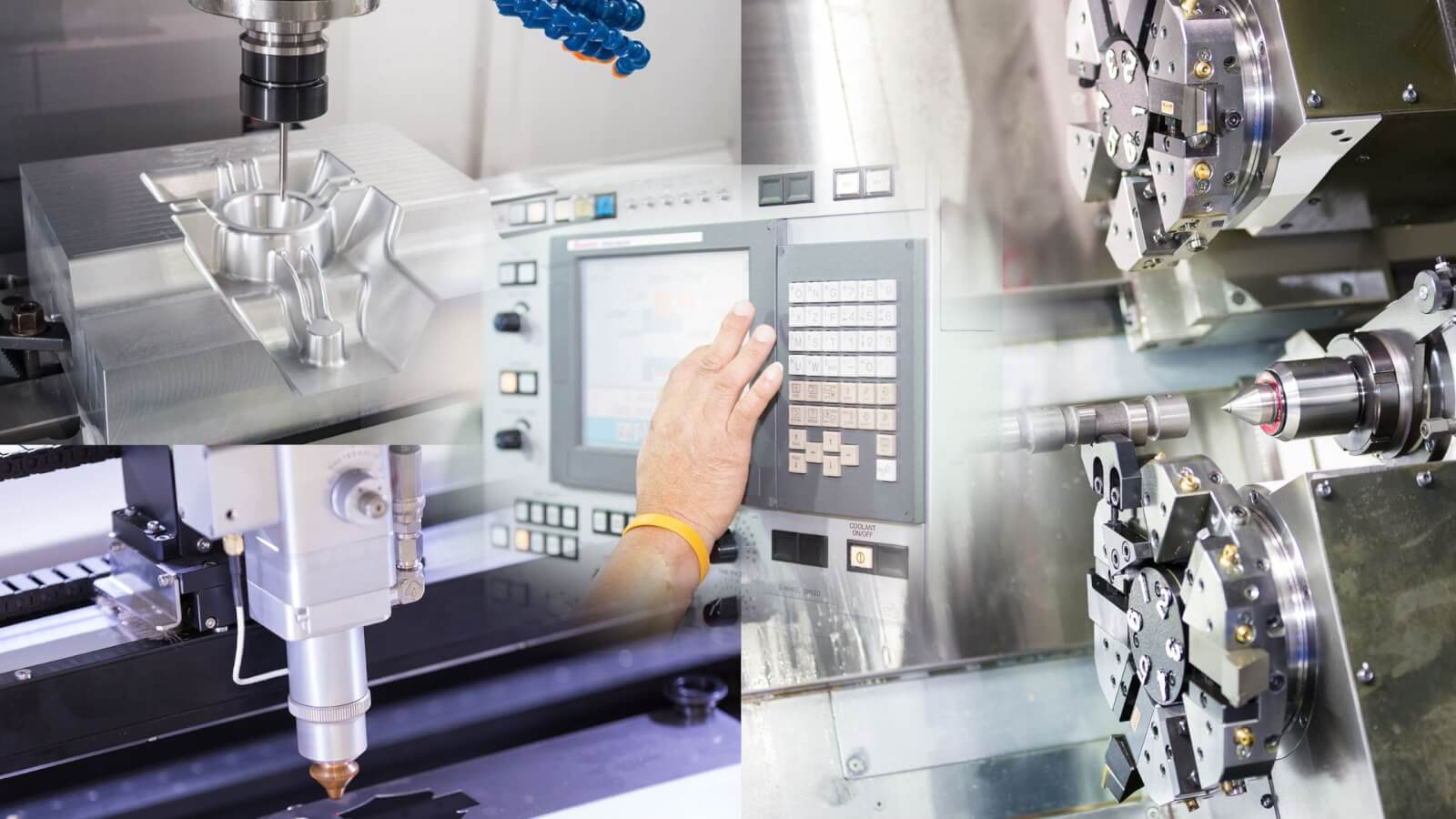What is the accuracy of CNC Machining?
In modern manufacturing, accuracy is critical. Whether you are producing parts for aerospace, medical devices, or electronics, high precision ensures the functionality, compatibility, and overall quality of your products. So, what exactly is accuracy in CNC Machining? And why is it so important?
Let’s explore what CNC machining accuracy really means, how it is measured, and the tolerance ranges that are typically achievable in an industrial setting.

What does CNC machining accuracy mean?
Accuracy in CNC (computer numerical control) machining refers to how accurately a machine follows the programmed design specifications. It measures how closely the final product matches the original CAD model.
Accuracy is often expressed in the following units:
Millimeter (mm)
Micrometer (μm): 1 micron = 0.001 millimeter
Inch (thousandth or “thou”): 1 thou = 0.001 inch
In reality, the higher the accuracy, the smaller the tolerance, which means the smaller the difference between the machined part and its intended design.
Common CNC Machining Tolerances
CNC machines can achieve different tolerance levels depending on machine type, tool quality, Material, and programming. Here are typical tolerance ranges for different setups:
Standard CNC machining: ±0.1 mm to ±0.05 mm
High-precision machining: ±0.01 mm to ±0.005 mm
Ultra-precision machining: ±0.002 mm or higher (typically used in aerospace or medical fields)
For most industrial applications, a tolerance of ±0.01 mm (±10 μm) is considered high accuracy.
Factors that affect CNC machining accuracy
Several factors can affect the final accuracy of a CNC machined part:
Machine quality: High-end machines can consistently maintain tighter tolerances.
Tool wear: Blunt tools reduce accuracy. Regular maintenance is essential.
Material type: Harder or more elastic materials may require different setups to achieve accuracy.
Programming and CAD/CAM setup: Poor tool path design can lead to dimensional errors.
Thermal expansion: Heat from cutting can slightly change dimensions, especially during long runs.
Why Precision Matters
Precision is more than just a number – it directly impacts:
Part functionality
Assembly compatibility
Product lifespan
Reduced waste
Regulatory compliance (especially in the medical, aerospace and automotive Industries)
Whether you’re producing prototypes or end-use components, investing in precision machining helps ensure reliability and repeatability.
So, what is precision in CNC machining? It refers to the ability to produce parts to exact specifications with very small errors (usually within microns). Understanding and controlling the precision of CNC machining is critical for businesses that strive for quality and precision.
If you’re looking for CNC machining services that deliver consistently high-precision results, be sure to choose a provider with the right equipment, experience and quality control processes like JeaSnn.





 English
English

